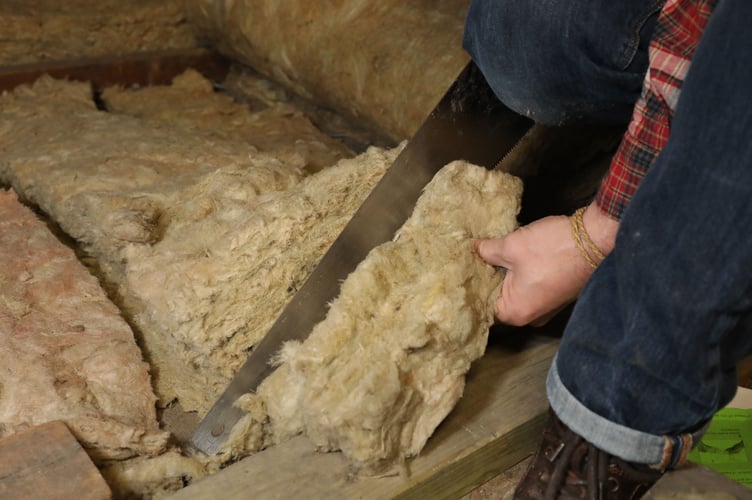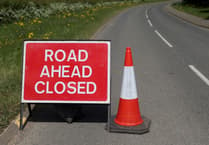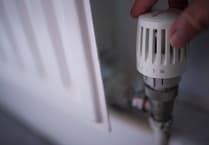There has been an increase in the number of energy-saving measures installed in low-income Waverley homes, new figures show.
Under the Home Heating Cost Reduction Obligation, introduced in 2013, upgrades are made to homes with a low energy efficiency rating. It is part of the Government’s Energy Company Obligation scheme designed to support those facing fuel poverty while also reducing carbon emissions.
Since the Government's commitment to the net zero target in June 2019, the number of energy efficiency improvements in low-income households across Great Britain has more than doubled.
However, charities have expressed concerns about the current phase of the scheme, suggesting it may fall short of delivering on a large scale.
Department for Business, Energy and Industrial Strategy figures show households in Waverley had installed 171 'affordable warmth' improvements between this year and 2019.
This brings the total measures implemented since the launch of the scheme to 371 — an increase on the 200 measures reported in 2019.
These included heating and insulation measures, such as more efficient boilers, heat pumps and solar panels.
Peter Smith, director of policy at National Energy Action, said: “It’s vital to make it easier for the scheme to support more fuel poor households.
“The Government is aware which reforms will help it deliver its full potential and we hope they will be actively considered by the new Secretary of State.”
He added the scheme is currently “stalling badly and in danger of underdelivering at scale”.
The measures installed per 1,000 households rose from 39.4 in June 2019 to 41.7 this year. This was lower than the average rate across the three countries, which stood at 134.8 energy-saving improvements.
Energy efficiency measures implemented in the South East accounted for 7.4% of all improvements across Great Britain. The North West has benefitted the most from the scheme so far, with 18.2% measures, while Wales has received the lowest share at just 5.4%.
The rates and regional figures also include improvements made under the Carbon Saving Communities scheme, which provided insulation measures to areas of low-income, but was closed in 2017.
A spokesperson for the Department for Energy Security and Net Zero said: “The government’s record on energy efficiency speaks for itself, with the proportion of homes in England with an EPC rating of C or above up from 14% in 2010 to 47% in 2022.
“An additional 300,000 of the UK’s least energy efficient homes are in line for improvement under the new Great British Insulation Scheme and we have committed £6.6 billion towards upgrades this parliament, with a further £6 billion from 2025.”




